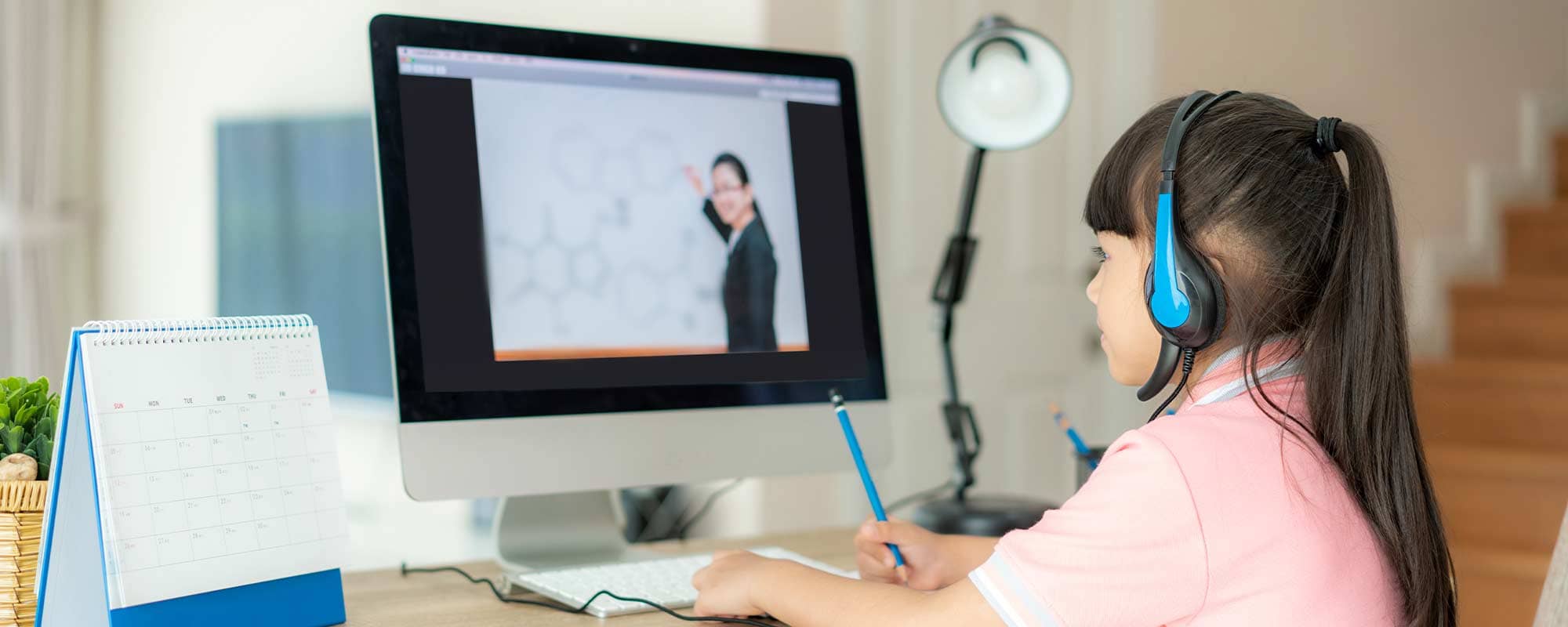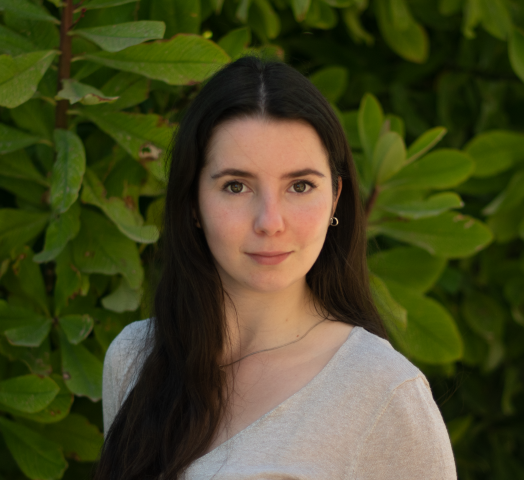While sitting in my living room and staring at a computer screen split into 4 squares (each with its own head), I talked with Dr Charmaine Bonello, Dr Tania Muscat and Dr Josephine Deguara from the Department of Early Childhood and Primary Education (DECPE), at the University of Malta (UM). I was curious about the changes in the education system during the pandemic. While the pandemic has allowed some of us to work from home, the education sector has faced certain challenges. I talked with the three researchers about how the pandemic has affected the education system, with a focus on five particular stakeholders in Early and Primary Education.
These were: early childhood educators working with children up to 5 years old, primary educators working with 5 to 11 year olds, parents of children in early and primary schools, university students, and finally leaders in childcare centres, kindergartens, and primary schools.
When COVID-19 first appeared in Europe, in the beginning of 2020, closing schools and higher education institutions was one of the mitigation strategies to stop the rampant spread of the virus.
Schools across the continent were left trying to find a way to adapt. Most were left with two options: either close indefinitely or deliver classes online. However, anyone who has spent a whole day, or even half a day, sitting at the computer in online meetings knows that the new environment brings significant adjustments.
A New Project
In 2020, when COVID-19 started and classes went online, Bonello, Muscat, Deguara, along with the rest of the project’s research team at the time (Dr Rosienne Camilleri, Dr Josephine Milton, Prof Suzanne Gatt, Dr Lara Said, and Dr Jane Spiteri) wanted to assess how online teaching affected students, schools, parents, teachers and leaders.
The newly assembled team formed a cohesive collaboration due to their different areas of expertise, ranging from ‘science education to language learning in the early years and primary education’. Besides the shared goal of understanding how the pandemic changed the Maltese education system, the collaboration also arose as a way to connect in a time where everyone was confined to their homes.
To carry their intended study, they designed and distributed two questionnaires online in 2020 and 2021. These were aimed at the five stakeholders in the education system. The first of the questionnaires was distributed while schools were closed and learning took place online. The second questionnaire was sent when schools reopened but with strict protocols. This allowed the researchers to assess how the pandemic and different learning strategies affected students (young children and university students), teachers, parents, and school leaders.
How the Pandemic Affected Education
When COVID-19 broke out across the globe it took choice out of the equation and dictated that classes had to be held online. Teachers and schools struggled to adapt physical classes to an online format. Teachers needed guidance on the new platforms, content had to be adapted, accessibility to technologies had to be guaranteed for all students – all while maintaining student’s ‘performance’. The imposed discomfort may have been the perfect excuse for change. And maybe because of this, the transformation of online teaching was done relatively quickly, according to researchers from the Near East University in Cyprus.
The research carried out by the team from DECPE at UM also reflects this change. Albeit still in early phases the data shows an adaptation to the online format. However, it seems that online teaching has brought about a setback: teacher-centric lectures result in passive note-taking. At the same time, students are also reporting decreased engagement.
Nonetheless, the online environment brings advantages to everyone in the classroom and in academia. As the researchers put it in their paper ‘Tracking the Birth and Growth of an Online Collaborative Research Team during COVID-19: A Narrative Inquiry of Eight Female Academics in Malta‘:
‘Digital technology has proven to be a blessing […]. With the help of one particular platform, we have managed this venture in new, surprisingly creative ways.’ They also mention how; ‘[…] this virtual learning space: acted as the third teacher with its capacity to invite us to participate, be active […] served as our play space to co-create, co-innovate and co-research through multiple possibilities […] is synonymous with a stimulating learning invitation that contributes to the personal and professional growth.‘
A Team Effort
So far, the team has produced two papers, one focused on their online collaborative experience and the other focused on university students’ answers to the questionnaires.
In the first paper, the research team presented a framework for collaborative work, which they named SKRIPT, standing for Skills, Knowledge, Relationships, Identity, Philosophy, and Trust. According to the researchers, this is a tool that will help create a ‘deeper understanding of how online collaboration can create, support, and sustain research teams’.
The Future is Hybrid
The second paper gave a voice to the students at the Faculty of Education of UM. The questionnaires created by the team sought to find out: ‘How did remote online classes affect students’ mental wellbeing and learning?’
They found that most students missed the face-to-face component, but there was quite a discrepancy in opinions about online classes – some found them easier to understand, while others struggled to understand the lecturer. On the other hand, some students pointed out how the breakout rooms allowed for interaction with their classmates.
With all responses in hand, the team considered that the best practice would be to go for a blended approach, with both physical and online classes. ‘No brain works in the same way’, as Bonello puts it, and each student learns in their own way, at their own pace. A blended approach would allow flexibility to answer the needs of every student. When designing the courses, the length and number of online lectures should be taken into consideration as a way to protect student’s wellbeing.
A worrying factor was the increase of teacher-centred classes, with ‘passive note taking’. The research team highlights that it is essential to change this method, by ‘listening rather than talking’ and nurturing students’ participation in classes.
An Effort for Better Education
The project, funded through UM’s Research SEED fund, will produce 5 reports, one for each targeted stakeholder, to inform future decisions in the context of education. Each report will feature information regarding a stakeholder and will include data from both runs of the questionnaire.
Making the most of a difficult situation, Dr Charmaine Bonello, Dr Rosienne Camilleri, Dr Josephine Deguara, Dr Josephine Milton and Dr Tania Muscat came together to embrace change and contribute research that can help policy-makers take evidence-based decisions.
Further Reading
Publication 1
Bonello, C., Deguara, J., Farrugia, R., Gatt, S., Milton, J., Muscat, T., Said, L. & Spiteri, J. (2021) Tracking the Birth and Growth of an Online Collaborative Research Team During COVID-19: A Narrative Inquiry of Eight Female Academics in Malta. Malta Review of Educational Research, Special Issue 14/2, p 327-359.
Publication 2
Bonello, C., Deguara, J., Farrugia, R., Gatt, S., Muscat, T., Milton, J., Said, L. & Spiteri, J. (2021) Exploring The Influence of COVID-19 on Initial Teacher Education in Malta: Student Participation in Higher Education. 7th International Conference on Higher Education Advances (HEAd’21) Universitat Politecnica de Valencia, Valencia. DOI: http://dx.doi.org/10.4995/HEAd21.2021.12794
Author
-

Antónia was a Biologist, once upon a time. She transitioned from the glamorous world of lab benches and international conferences to her one true love - Science Communication. Antónia works as a freelance science writer and also manages social media for THINK. In her free time, she pets street cats and educates people on Portuguese gastronomy - often against their will.
View all posts






Comments are closed for this article!